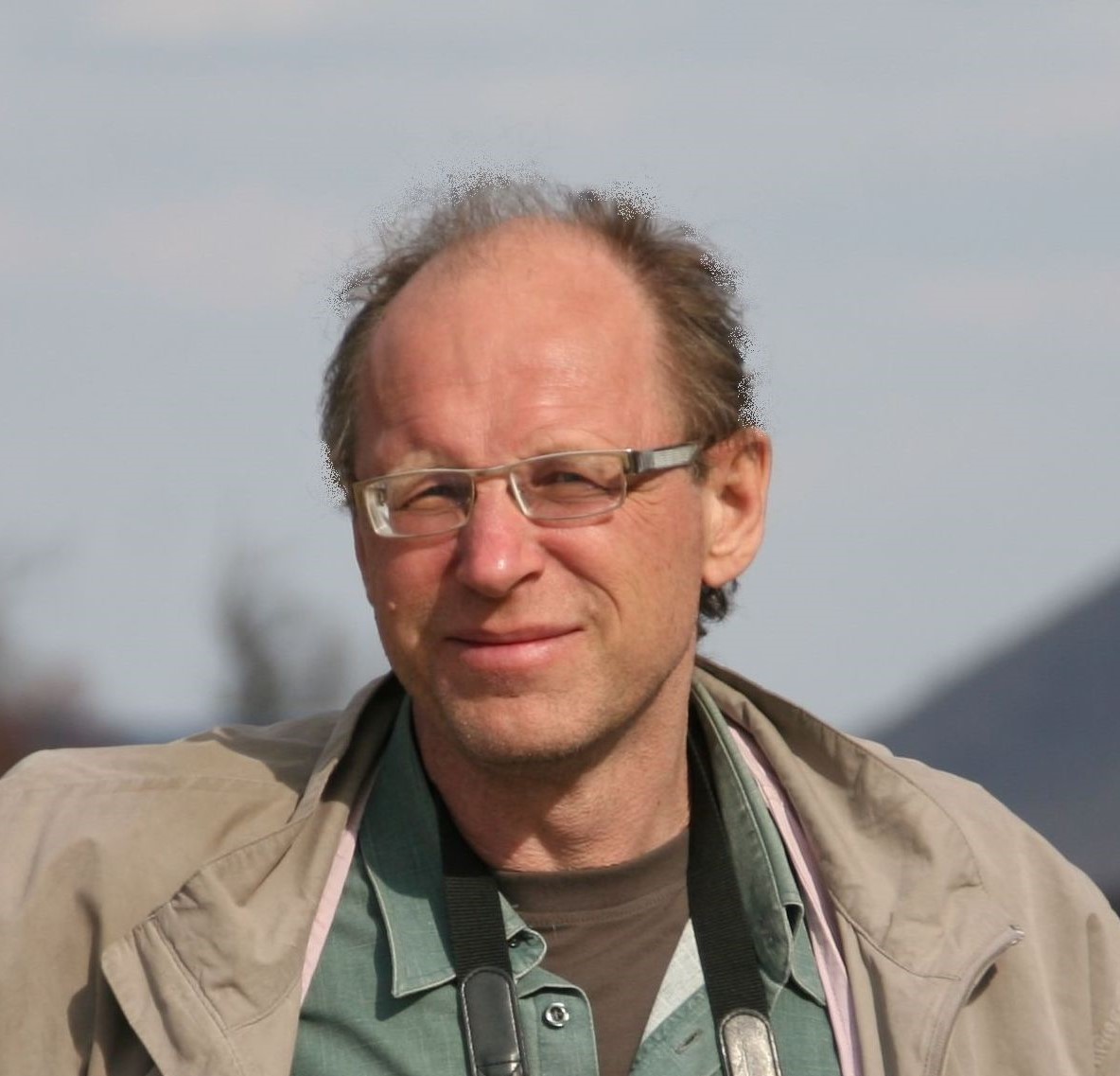Shamanism maintains its presence in modern cultures. The history of the study of shamanism and the formation of classical scientific theories of shamanism are primarily connected with the religious culture of the Tungus-Manchu peoples. Although Tungus shamanism has significantly lost its position in traditional cultures, it has not entirely disappeared. Moreover, due to ethnic, political, economic and other factors, shamanism is undergoing a revival. In modern times, the forms of shamanistic manifestations are changing. Samanshan (Shaman Mountain), a cult complex located in Northeast China, reflects the current state of religious beliefs and practices among the Tungus and other ethnic groups in the Greater Khingan region. Shamanism and animism play an important role in its functioning. Based on this perspective, Samanshan can be described as a shamanist cult complex. On the other hand, the complex was created by secular authorities in line with national policy and economic strategies for the development of local tourism. Religious functions of Samanshan are closely intertwined with tourism functions. The secular nature of many festive events and their overall cultural significance indicate the secularization of the religious site. In this context of existence and operation, Samanshan falls into the category of quasi-religious sites. Shamanism and animism which are syncretized with ethnic and tourism components, receive dominant significance in the actual functioning of the site. Nowadays, these manifestations of shamanic beliefs are classified as neo-shamanism.
Key words: Northeast China, religious landscape, Tungus, Orochons, shamanism, neo-shamanism, animism, quasi-religion
DOI: 10.22250/20728662_2024_2_119
About the authors
 |
Andrey P. Zabiyako – DSc (Philosophy), Full Professor, Head of the Department of Religious Studies and History, Amur State University; 21 Ignatievskoe Shosse, build 7, of. 107, Blagoveschensk, 675027, Russia; This email address is being protected from spambots. You need JavaScript enabled to view it. |
 |
Wang Shuai – postgraduate student at the Department of Religious Studies and History, Amur State University; This email address is being protected from spambots. You need JavaScript enabled to view it. |






